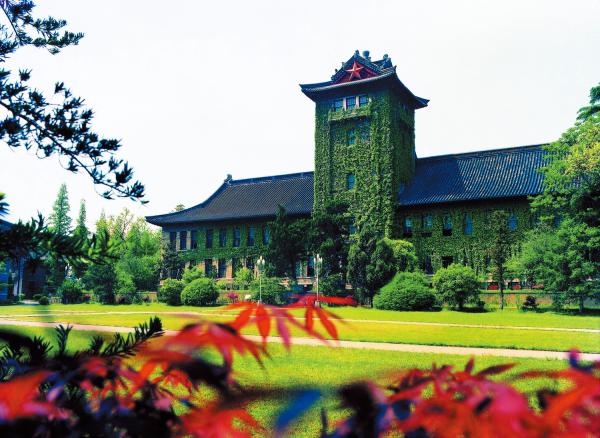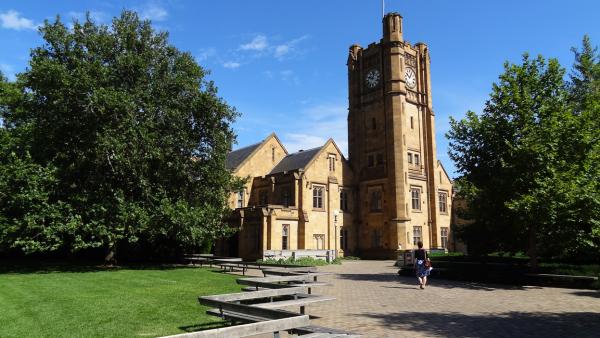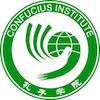Partner Universities
Nanjing University

Nanjing University is one of China's key comprehensive universities. At present, NJU has three campuses: Xianlin Campus, Gulou Campus and Pukou Campus. With 31 schools under the university's direct supervision, the number of the students in 2021 is 38,376 in total, including 13,196 undergraduates, 16,027 master students, 7,693 doctoral students, and 1,415 international students. The university boasts a faculty made up of the most accomplished scholars in China, a large number of outstanding disciplines and many important national and provincial research platforms.
Since the founding of the university in the early 20th century, Nanjing University has been among the most active universities in carrying out international communication and cooperation and has built close relationship with many first-class universities and research institutes around the world. Nanjing University has hosted more than 20,000 international students from over 120 countries to date, with prominent international alumni in politics, business, academia and other fields. In recent years, over 2,000 faculty members and students have been sent abroad for advanced studies, academic visits or joint research projects. The University's connections with over 100 universities and research institutions abroad have opened up channels for joint personnel training and cooperative scientific research. The Centre for Chinese and American Studies was jointly founded with the Johns Hopkins University of the United States, and the Research Institute of Sino-German Economic Law was jointly set up with Goettingen University of Germany.
https://njunju.nju.edu.cn/EN/main.htm
The University of Melbourne

Established in 1853, the University of Melbourne is a public-spirited institution that makes distinctive contributions to society in research, teaching and knowledge transfer. Established in 1853, the University of Melbourne is a public-spirited institution that makes distinctive contributions to society in research, teaching and knowledge transfer.
As a fine academic institution, Melbourne honours its traditional promise to uphold the scholarly values of intellectual freedom, honesty, openness and rigour.
As a fine research institution, Melbourne seeks to strengthen its core intellectual disciplines, open new paths to scientific understanding and support critical and creative endeavour in fields that do not fit conventional research paradigms.
As a fine teaching institution, Melbourne aims to attract the brightest student cohorts from the widest range of backgrounds, offering an outstanding educational experience.
As a public-spirited institution, Melbourne declares its intention to make research, student learning and external engagement serve public ends. This includes taking up pressing societal problems in research, producing graduates prepared for responsibility, and promoting inquiry and open debate based on evidence and reason.
As an internationally engaged institution, Melbourne undertakes to work with overseas colleagues and students to meet global challenges with intelligence, ingenuity and respect for humanity.
As a university with a strong sense of place, Melbourne reaffirms the unique virtues of its campus locale, where face-to-face teaching remains the norm, where scholars gather from across the globe, and where learning communities embrace evolving technologies. This is a place where great scholars lead talented students to open their minds, share wisdom and face the great unknowns: a place where each new generation can define a future that it values.
The University of Melbourne must be attuned to shifts in national policy settings and international standards, the emergence of rankings, new market conditions and new players in higher education.
The University's future will depend on its ability to combine a 'triple helix' of academic programs. Melbourne will be an institution that excels not just at research, but in bringing ideas to life and making knowledge work for its students, staff and a broader public.
